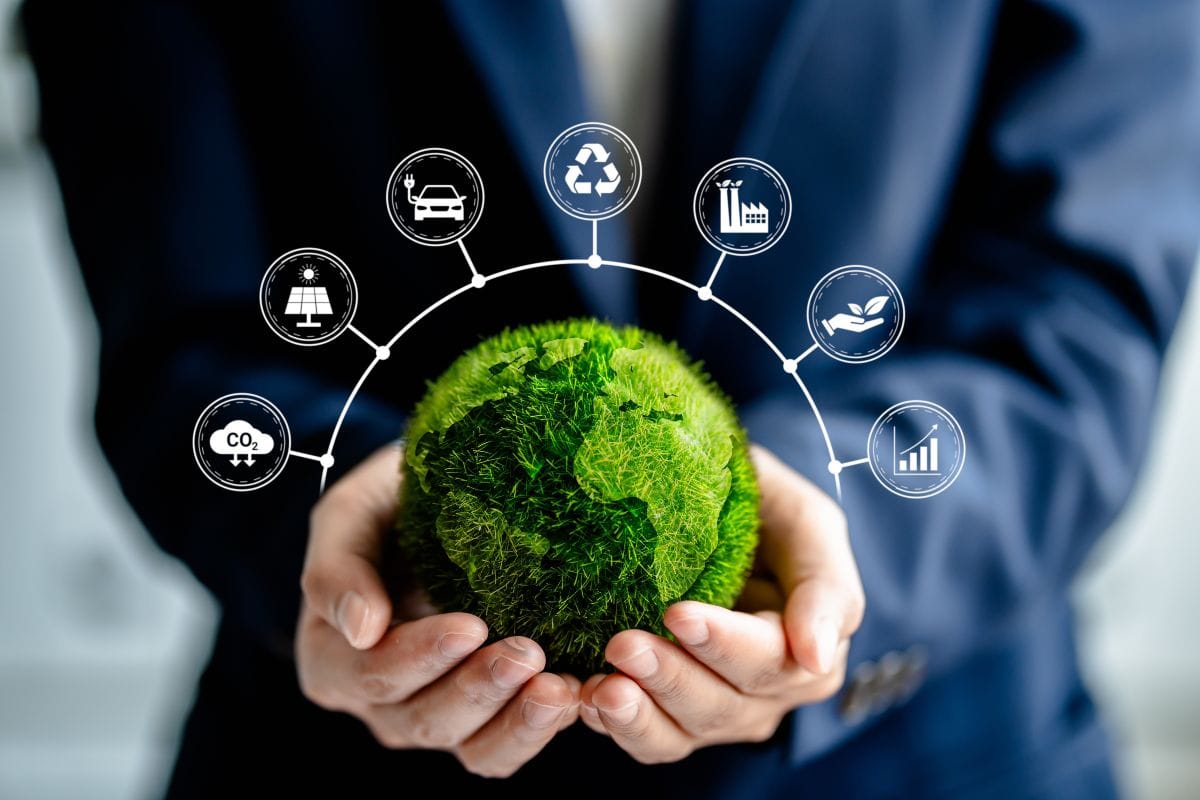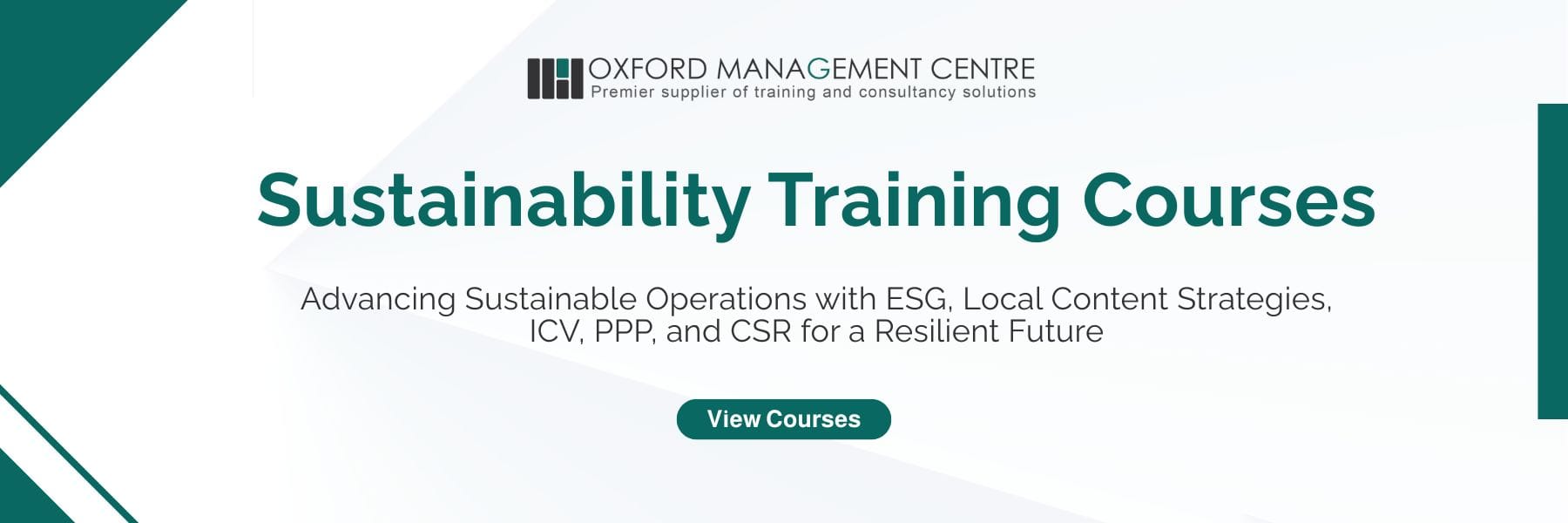
Understanding How Sustainability Drives Competitive Advantage in Modern Markets
Why sustainable strategies are reshaping the corporate playing field
In today’s global economy, sustainability has evolved from a corporate social responsibility initiative to a core driver of long-term business performance. Modern companies are increasingly embracing sustainable practices not only to meet regulatory requirements and stakeholder expectations but also to gain a meaningful edge in highly competitive markets. The intersection of environmental consciousness, ethical governance, and economic performance is where true differentiation now begins.
The demand for sustainable operations has escalated sharply due to increasing regulatory pressures, shifting consumer preferences, and investor scrutiny. Organizations that fail to adapt face growing reputational risks, dwindling investor confidence, and shrinking market share. Meanwhile, those that integrate sustainability into their core strategy are not only more resilient in times of disruption but also more attractive to talent, customers, and stakeholders alike. This growing need for expertise in environmental and social governance is fueling interest in specialized learning opportunities, such as sustainability training courses, which provide professionals with the insights and tools to lead sustainable transformation.
Let’s explore how businesses across industries are leveraging sustainability to strengthen their competitive positioning—and why this trend is no longer optional.
Shifting Stakeholder Expectations in a Sustainability-Driven Economy
Customers, investors, regulators, and employees are demanding greater accountability and transparency from organizations. Stakeholders today expect companies to operate responsibly, reduce environmental impact, and contribute positively to society. These expectations are now influencing purchase decisions, investment strategies, and even workforce retention.
Companies that align their missions with sustainable values tend to outperform competitors in attracting and retaining loyal customers. Environmental certifications, ethical sourcing, and carbon neutrality are no longer marketing tactics—they are essential business practices. Furthermore, global investors increasingly favor ESG-compliant businesses, as these are perceived to be better governed and more risk-resilient.
To respond to these evolving demands, organizations are prioritizing skill development through executive learning opportunities, including tailored sustainability training that equips professionals with strategic insight into ESG reporting, sustainable supply chains, and responsible innovation.
Operational Efficiency Through Sustainable Practices
One of the lesser-discussed yet vital aspects of sustainability is its direct contribution to operational efficiency. Sustainable practices often lead to reduced waste, lower energy consumption, and more efficient resource use—ultimately enhancing profitability. Whether it’s optimizing logistics to reduce emissions or redesigning products with circularity in mind, the operational gains from sustainable innovation are both measurable and repeatable.
Forward-thinking companies are adopting green technologies and sustainable frameworks to drive cost reductions without compromising quality. Sustainability is no longer about doing less harm; it is about doing business better.
Professional development in this field has become essential for operations and strategy leaders. Participating in focused sustainability courses enables decision-makers to understand how to embed efficiency-driven sustainability into core business functions and supply chains.
Innovation and Market Differentiation Rooted in Sustainability
Sustainability is also proving to be a fertile ground for innovation. Organizations that embrace sustainable thinking often find new ways to differentiate their products and services. Green product design, ethical branding, and circular economy models have opened up fresh revenue streams and strengthened market positioning.
Tesla’s electric vehicles, Unilever’s sustainable sourcing commitments, and Patagonia’s eco-centric brand identity are just a few examples of how sustainability can serve as a launchpad for innovation and customer loyalty. These companies don’t just comply with environmental standards—they define them, leading the pack and setting new benchmarks for their industries.
Equipping teams with the capability to integrate sustainability into innovation pipelines is now a strategic imperative. This is where structured sustainability training courses become highly relevant, providing the frameworks and case studies needed to build an innovation-led sustainability culture.
Regulatory Compliance and Risk Mitigation
As global sustainability regulations tighten, compliance has become a key factor in operational continuity and market access. Carbon taxes, waste management policies, supply chain disclosure laws, and ESG reporting mandates require organizations to adopt rigorous sustainability frameworks. Failure to comply can lead to significant penalties, brand damage, and investor withdrawal.
Businesses that proactively manage environmental and social risks are better positioned to thrive in highly regulated environments. By investing in education, particularly in areas like environmental law, climate policy, and ESG integration, leaders can avoid pitfalls and guide their companies toward compliance-based resilience.
This is another area where advanced sustainability training courses prove valuable, empowering professionals with the knowledge to navigate regulatory complexity confidently and accurately.
Talent Attraction and Retention in a Purpose-Driven Workforce
The modern workforce, especially Millennials and Gen Z professionals, prioritize purpose, impact, and values alignment when selecting employers. Employees want to be part of organizations that care about the environment, human rights, and equitable growth. Consequently, sustainability has become a powerful differentiator in the talent market.
Organizations that champion sustainability tend to experience lower turnover and higher engagement. They attract skilled professionals who are motivated not only by compensation but also by the opportunity to make a meaningful difference.
Upskilling internal teams through practical sustainability training is one of the most effective ways to integrate sustainability values into the corporate DNA and foster a sense of shared purpose among employees.
VIEW ALL SUSTAINABILITY TRAINING COURSES
Measuring Sustainability’s ROI: Performance Beyond Profit
Contrary to the outdated notion that sustainability limits profitability, businesses are increasingly proving that environmental and social responsibility enhances shareholder value. Studies from institutions such as Harvard Business Review and McKinsey & Company have consistently shown a positive correlation between ESG performance and financial outcomes.
Sustainability leads to risk-adjusted returns, improved brand equity, stronger stakeholder relationships, and increased customer lifetime value. By treating sustainability as a value creation mechanism—not a cost center—organizations are now leveraging it as a tool for long-term success and market leadership.
Training professionals in the latest sustainability metrics and reporting tools is key to capturing and communicating this ROI. From impact assessments to integrated reporting, the ability to measure and report progress is what distinguishes leading companies from reactive ones.
Conclusion: Building a Competitive Future through Sustainability
Sustainability is no longer a separate initiative; it is becoming the foundation for corporate excellence and competitive advantage. Companies that embed sustainability into strategy, operations, innovation, compliance, and culture are the ones that will shape the future of business.
Whether you are looking to improve your organization’s resilience, comply with emerging regulations, attract top talent, or unlock new growth opportunities, sustainability offers the framework to do so. Developing these capabilities through targeted sustainability training courses will prepare today’s professionals to lead the transformation and drive results across all dimensions of performance.












